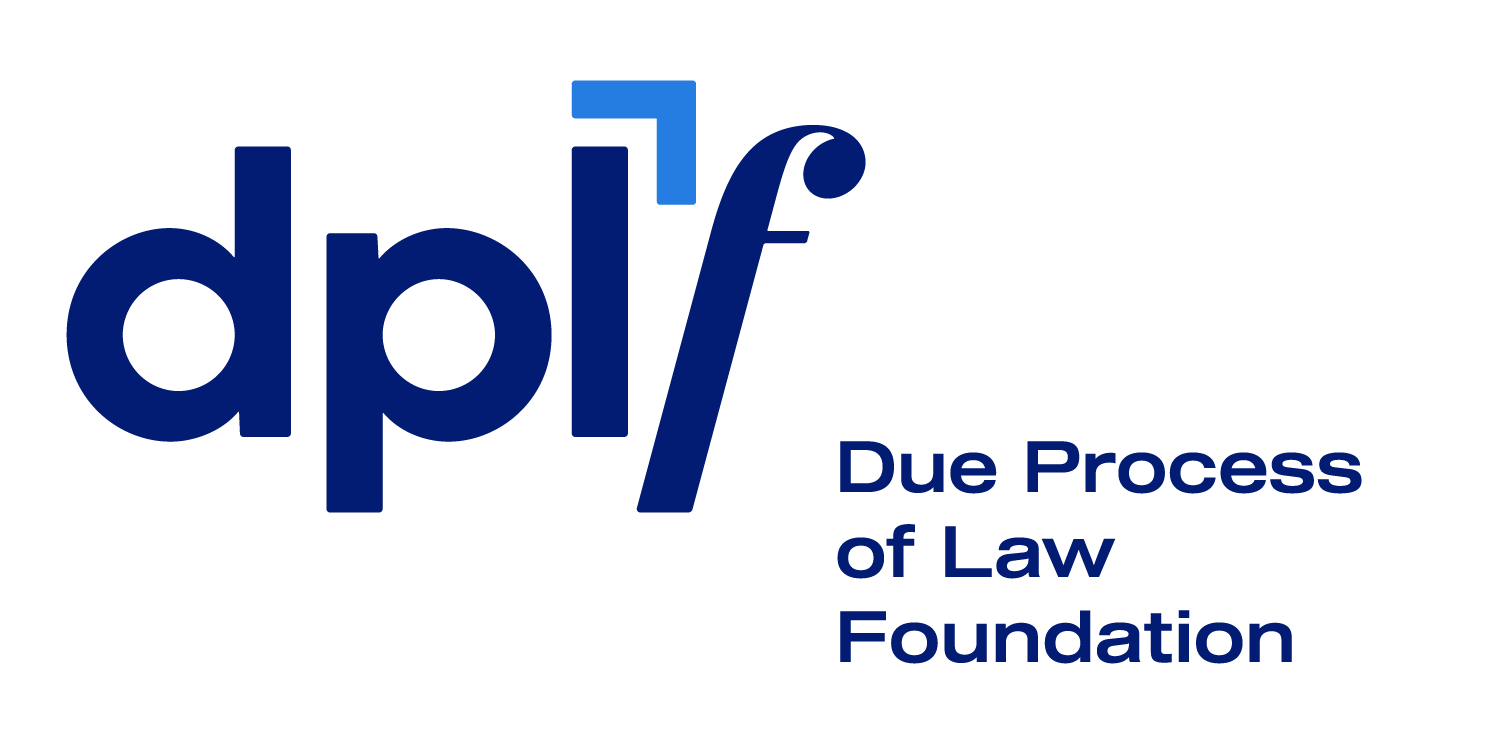March 7, 2019, Washington, DC—A just-released report by research and human rights organizations the Due Process of Law Foundation (DPLF) and the Washington Office on Latin America (WOLA) examines a recent law that stipulates how the Mexican government must implement its new National Prosecutor’s Office, and thereby create an institution that is more independent, effective, and capable of rebuilding trust in the country’s justice system. Given that an estimated 93 percent of crimes in Mexico are not reported or investigated, the creation of a new, functional National Prosecutor’s Office (to replace the federal Attorney General’s Office, PGR) is central to Mexico’s fight against impunity. The report, titled The Implementing Law of Mexico’s National Prosecutor’s Office, emphasizes that it is essential for government authorities to diligently and fully implement the legislation establishing the new National Prosecutor’s Office.
“President López Obrador’s administration has an important opportunity to demonstrate its commitment to creating a National Prosecutor’s Office capable of investigating crimes and fostering truth, justice, and accountability in a country that registered record violence last year,” said Úrsula Indacochea, Director for Judicial Independence at DPLF and coauthor of the report.
The report details some of the most critical components of the legislation that was officially enacted last December and is intended to ensure that Mexico’s new National Prosecutor’s Office is more autonomous and insulated from political pressures. These components include new specialized investigative offices focused on human rights crimes and internal affairs, a public plan that will establish investigative priorities, as well as a citizen-led body that serves as a powerful accountability mechanism. Additionally, the law includes articles meant to make the selection process for the head of National’s Prosecutor’s Office more transparent and merit-based.
“The implementing law for Mexico’s new National Prosecutor’s Office responds to many citizen concerns about accountability and human rights, which makes it all the more essential that the López Obrador administration fully and promptly enforces this legislation so that it doesn’t only exist on paper,” said report coauthor and WOLA Director for Mexico and Migrants Rights Maureen Meyer.
However, the report argues that other parts of the law have problematic implications: for example, the law fails to include sufficient checks and balances on the president’s power to appoint or fire the head of the National Prosecutor’s Office. Additionally, the law does not establish public hearings for the appointment of the national prosecutor, nor does it require that candidates disclose political ties or relationships that could compromise their ability to carry out their job with independence. As the joint DPLF-WOLA report states, “In order to restore citizen confidence in the impartiality of criminal prosecution, it is paramount that there be a clear separation between the head of the National Prosecutor’s Office and the president’s inner circle.”
“This a crucial year of transition for Mexico’s justice institutions,” said Indacochea. “Both Mexican civil society and the international human rights community are hopeful that the National Prosecutor’s Office is implemented in such a way that Mexico’s justice institutions are at last able to respond to citizens’ and victims’ long overdue demands for justice.”
